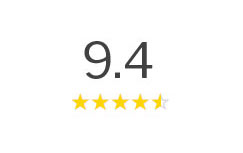 |
 |
|---|
|
|
|---|
 |
 |
 |
 |
|---|---|---|---|
 |
 |
 |
|
 |
|||
 |
 |
 |
|
 |
|||
 |
 |
 |
|
 |
|||

kansas public records: what to know before you searchOverviewThe Kansas Open Records Act (KORA) presumes access, with limited exemptions for privacy, security, and active investigations. Agencies must respond promptly, generally within three business days, and may charge reasonable fees for staff time and copies. Not all materials are open: certified vital records are restricted to eligible requesters, and some law enforcement files may be redacted. Where records liveBecause Kansas is decentralized, the right office depends on the record. Start local, then move upward if needed.
Practical tips
Polite, concise requests, sent to the custodian, usually get the fastest results.
|
|---|